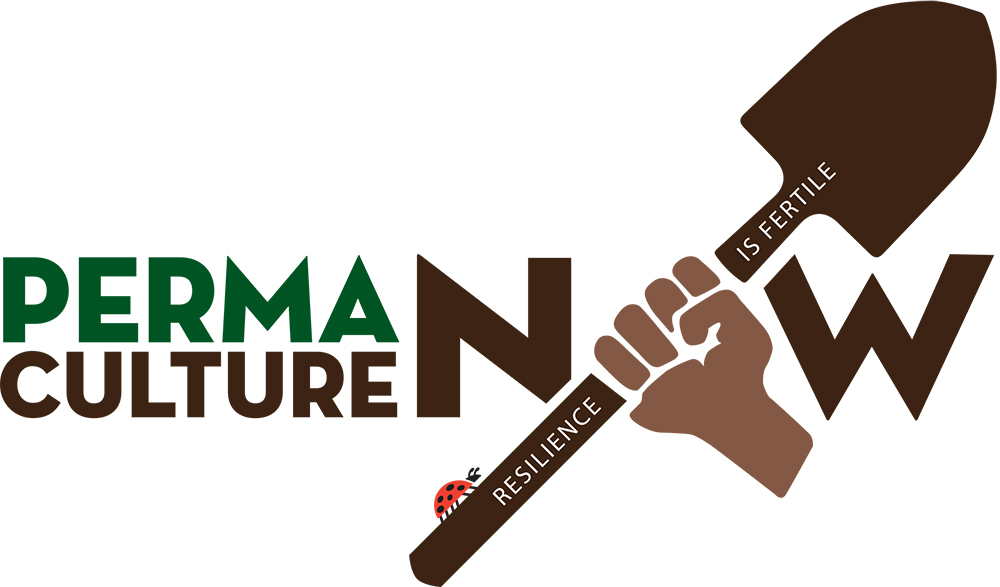Permaculture Courses
We help people convert despair into hope and that hope into action, everyday actions, that help people participate and shift.
We Focus on Climate Resiliency, Local Food Solutions, Food Security and Home Skill Appropriate Technologies
We love the permaculture curriculum. All permaculture teachers are bound by the international standard curriculum, which has held the test of time. We really enjoy teaching permaculture, for us, it’s just not enough anymore to just teach that curriculum, the world is changing so fast because of climate change and that must be taken into consideration in everything we do.

MOST PROGRAMS
Most permaculture programs are two-week residential courses held on a host property with people from all over the world. It’s tent accommodations with course material thrown at you.
The curriculum is powerful and touches the heart and soul and an extremely comprehensive experience that just can’t be integrated in that short amount of time.
OUR APPROACH
We spread our teaching over a much longer period of time. And we prefer to do it as a non-residential (not living on site) program. We like what the residential program offers but it’s a lot to eat three meals a day somewhere else, live somewhere else, be exposed to other people you don’t know.
What we are teaching now is an adapted curriculum, courses that expand over a nine-month period, starting in the spring, when there is still snow on the ground, so at the end and you’re harvesting the last things of the season.
Maui Permaculture Design Course Sept – Nov 2021
We are having a two-month course, just for people who live on Maui. Hawaii is an incredibly unique place where we can grow food year-round, but we don’t. We import more than 90% of all the food that we eat, and we import almost 70% of all of our energy.
Our classes tend to be at least 50% hands on, because you can talk about it all you want but until you have actually done it, you won’t be confident to go replicate it yourself.
The Loss of Skills
If you think about the stunning loss of skills over the last two to three generations, it’s frightening. It is not just the loss of indigenous knowledge globally over the last few 100 years of colonialism, it’s the urbanization, the interfacing with computers, and an education system that’s not paying attention to real needs of their community, where people just don’t know how to do things anymore.
So how do we get to people? How do we get skills, the core skills embedded in our communities, so that our communities have opportunities to bootstrap out of this incredibly challenging moment? No matter where you live there are all these neighborhoods where food can be grown, from urban to suburban to rural. They are basically food deserts, almost nobody’s growing food, which means nobody knows how to save seed, which means nobody knows how to deal with bugs, which means nobody knows how to cook the food that you grow.
What we choose right now in our communities will, to some degree, determine not just if we survive but what will be happening there. Radical disruptions are happening across the globe. Our choices will determine whether our descendants thrive in the future.
JENNY PELL HAS BEEN FEATURED IN









